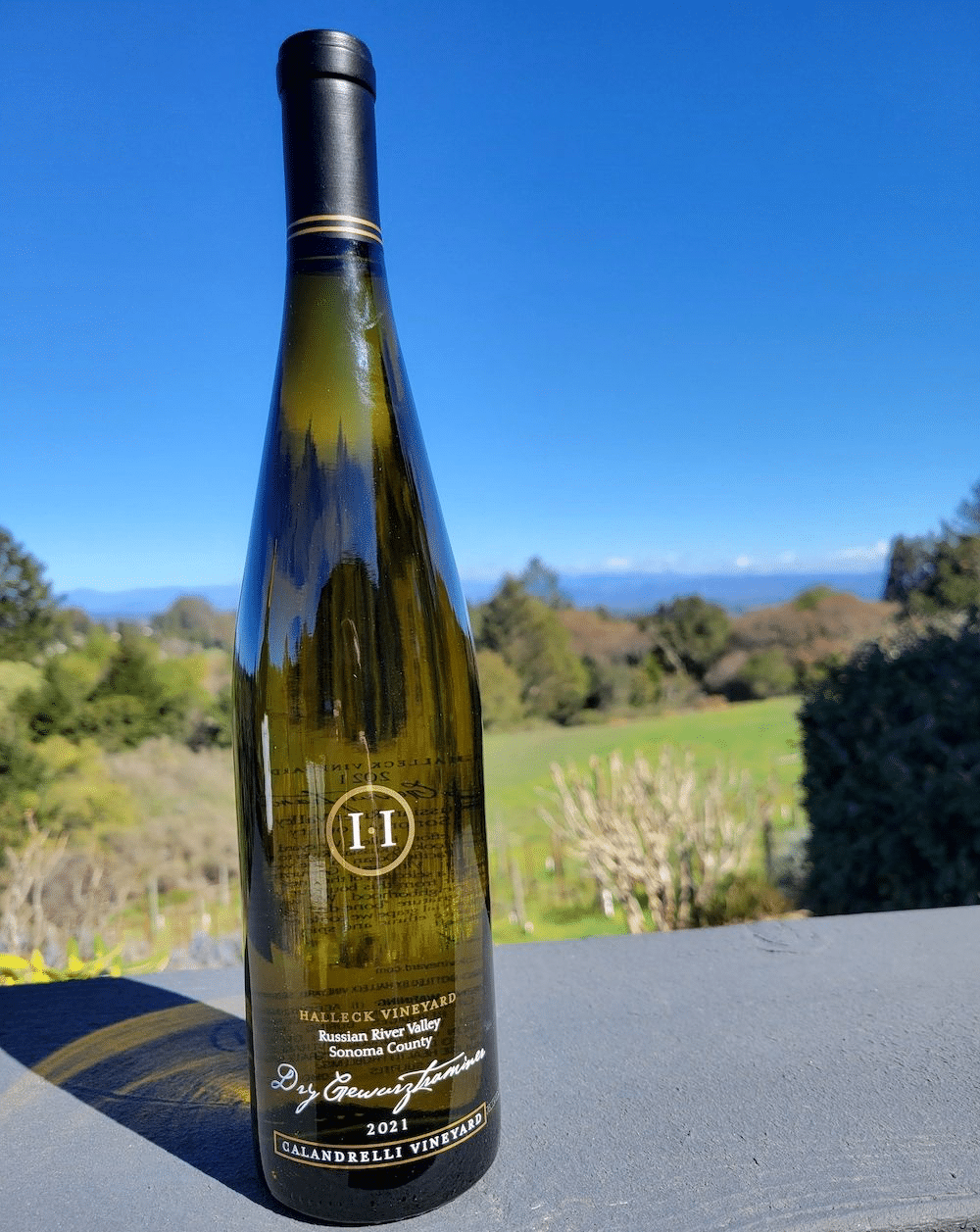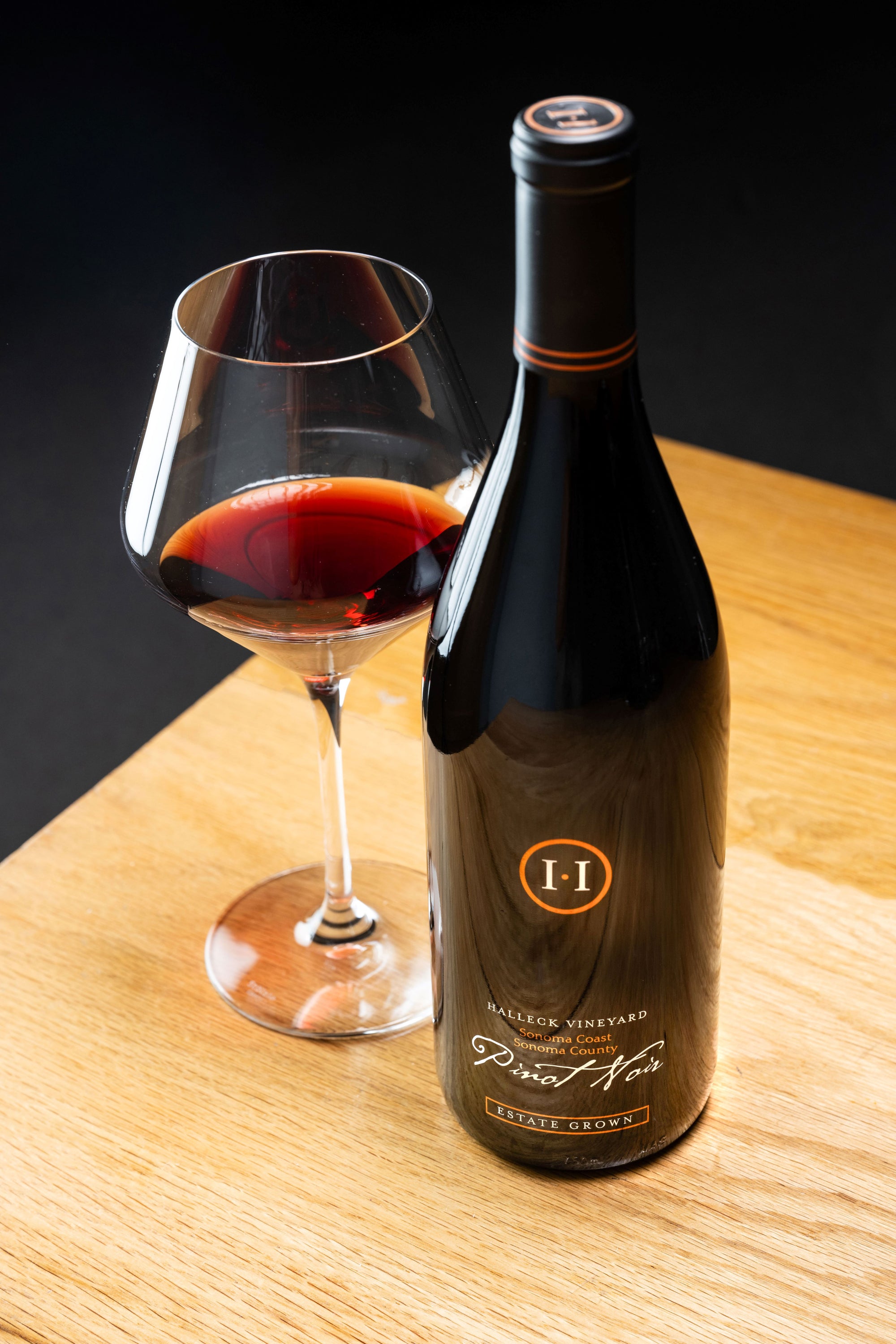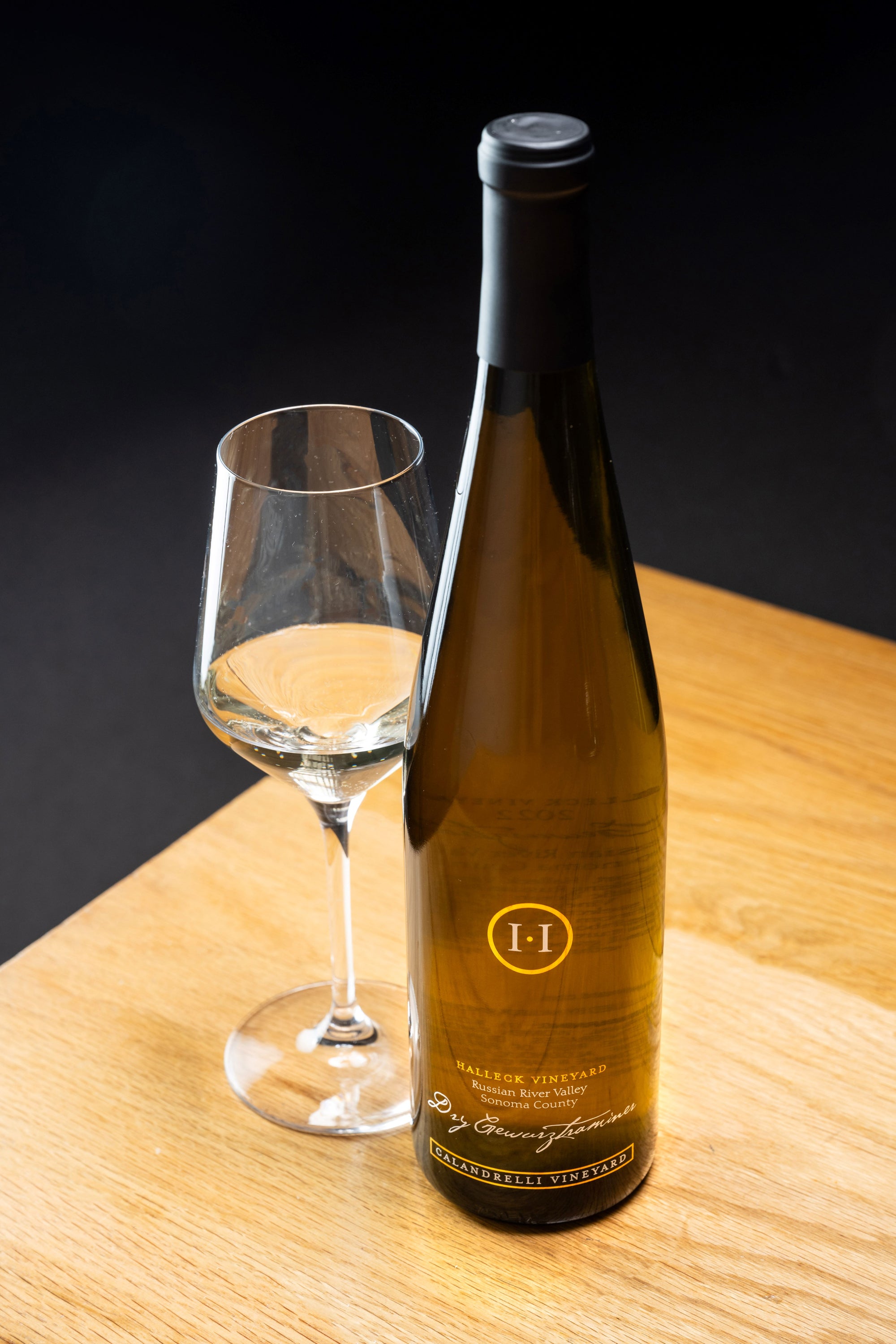Wineries In Sebastopol - Sebastopol Wine Experiences
Wineries In Sebastopol - Sebastopol Wine Experiences
Blog Article
Wineries With Outdoor Seating - Top Wineries To Visit In Sebastopol
Wine tasting is often thought to be an art type, one which goes past merely having fun with a beverage. It embraces a posh interplay of flavors, aromas, and textures that requires dedicated practice to actually grasp. Many who venture into the world of wine tasting shortly realize that it entails much more than simply sipping wine. Bettering sensory skills through devoted winery wine tasting can elevate the experience, transforming an informal consuming occasion into a sophisticated exploration of the senses.
At a fundamental degree, wine tasting engages the senses of sight, smell, style, contact, and even sound. Every element performs a crucial position in appreciating the nuances of a wine. When one first pours a glass of wine, the wealthy hues can provide preliminary insights into its age and varietal. Observing the colour and clarity helps kind expectations about the wine's flavor profile. Many don’t absolutely appreciate how this visual evaluation can set the stage for what is to follow.
The subsequent step is to engage the sense of odor. Swirling the glass aerates the wine, permitting its risky compounds to flee and fill the air with its bouquet. The nostril entails some fascinating layers—different aromas can signal various elements of the winemaking course of, together with the type of grapes used, fermentation strategies, and getting older conditions. Developing a keen sense of odor is normally a game-changer in wine tasting.
Hidden Gem Wineries In Sonoma County - Sonoma's Hidden Winery Gems
To improve this sensory skill, wine enthusiasts are often inspired to participate in dedicated tastings at wineries. These tastings allow people to focus solely on the sensory experience (Wineries Pairing Wine With Chocolate). Tasting periods led by knowledgeable sommeliers or winemakers can offer insights into figuring out distinct aromas. Learning to distinguish between floral, fruity, earthy, and spicy notes can empower a taster to articulate their experience with greater precision.
As one practices their sensory talents, they may discover that their style preferences evolve. This transformation often occurs after multiple tastings. A wine that originally seemed overwhelming might reveal hidden layers of complexity with a bit of experience. Understanding how to isolate individual flavors such as acidity, sweetness, bitterness, and umami contributes considerably to the overall wine experience.
Another important element in enhancing sensory skills is the context in which wine is tasted. Environmental components like temperature, lighting, and even the company current can influence perceptions. At a winery, an optimum setting can cut back distractions and enable a more profound exploration of the wine (Wineries With Artisan Chocolate Pairings In Sonoma). Practicing conscious tasting techniques encourages a more immersive experience, permitting tasters to hone in on their senses.
It isn't solely about particular person perception, though. Participating with others during a tasting also can improve sensory skills. Sharing notes and discussing impressions fosters a deeper understanding of the wine. This collaborative approach encourages individuals to articulate their sensory experiences, thereby broadening their linguistic repertoire related to wine tasting.
Wineries Offering Virtual Wine Tastings - Discover Sebastopol's Wine Scene
Moreover, pairing wine with food can considerably enhance the tasting experience. Different combos can deliver out distinctive flavors in both the wine and the dish. As one tastes a wine alongside particular meals, they'll start to recognize how sure components within the wine complement or distinction with what they're eating. This skill of pairing is one other layer that enriches sensory growth.
Training one’s palate can involve a selection of exercises. Some enthusiasts have interaction in systematic tasting experiences, sampling a range of wines that showcase different varietals, areas, or vintages. Exploring this variety can sharpen the ability to discern nuances throughout completely different wine profiles. Over time, this practice builds a psychological library of flavors that may be accessed during future tastings.
Notably, written notes serve a twin objective: organizing one’s thoughts and reinforcing memory. By writing down observations about every wine, tasters can track their progress over time. Detailing the traits of wines assists in solidifying knowledge, in the end deepening one’s appreciation of what they consume.
Moreover, attending workshops or classes focused on sensory evaluation may additionally be beneficial. Many wineries supply these educational programs to assist people refine their skills. Usually, trained instructors guide individuals via structured tastings, have a peek at these guys specializing in particular parts of the wine. This degree of schooling reinforces the sensory skills asynchronously and challenges tasters to consider their experiences from totally different angles.
Wineries That Offer Dog Friendly Areas - Discover Sebastopol's Wine Scene

Over time, the commitment to enhancing sensory skills by way of devoted winery wine tasting can yield significant rewards. The enjoyment derived from wine turns into layered and multifaceted. No longer limited to a simple choice for "pink" or "white," tasters begin to appreciate the tales behind every pour. They cultivate a palette capable of navigating the advanced landscape of flavors with confidence.
In conclusion, the journey of enhancing sensory skills via dedicated winery wine tasting is as rewarding as it's gratifying. It requires focus, commitment, and a willingness to study, however the outcomes far exceed the initial effort. By participating a number of senses and participating in thoughtful discussions, people not only turn out to be more proficient at identifying flavors but also develop a deeper appreciation for the craftsmanship behind every bottle. The process transforms wine from a mere beverage into a rich tapestry of sensory exploration that beckons enthusiasts to delve deeper. As skills improve, so too does the enjoyment, enriching life experiences one sip at a time.
Wineries Producing Pinot Noir And Chardonnay - Best Vineyard In Sonoma
- Partaking the palate by way of various wine varieties enhances the ability to differentiate flavors and aromas, refining general sensory notion.
- Taking Part in guided tastings promotes focused attention on delicate characteristics of every wine, nurturing important tasting skills.
- Studying to identify specific grape varieties fosters a deeper understanding of terroir, which aids in recognizing regional flavor profiles.
- Incorporating food pairings during tastings can heighten sensory awareness, as totally different tastes can affect one another and alter perceptions.
- Training the art of swirling and nosing wines permits people to attach olfactory cues with style, bettering the flexibility to articulate sensory experiences.
- Attending workshops that emphasize blind tastings trains participants to rely purely on their senses rather than preconceived notions, enhancing objectivity.
- Elevating sensory skills can lead to better wine choice skills, empowering individuals to make informed choices based on personal preferences.
- Participating with knowledgeable sommeliers offers insights into wine-making processes, which deepens sensory appreciation and enhances vocabulary for describing wines.
- Regular participation in tastings encourages memory development of flavors and aromas, aiding in the formation of a personalized sensory profile over time.
- Sharing tasting experiences with peers fosters dialogue, selling communal learning that may enhance individual sensory skills via collaboration.undefinedWhat is the purpose of improving sensory skills through wine tasting?

Improving sensory skills by way of wine tasting permits individuals to boost their capability to identify and recognize the varied aromas, flavors, and textures of wine. This heightened sensory awareness can result in a deeper understanding of wine and an general enriched tasting experience.
Wineries With Breathtaking Gardens In Sonoma - Vineyards Near Sebastopol
How can I develop my sensory skills at a winery?
You can develop your sensory skills at a winery by collaborating in guided tasting periods that focus on specific varietals. Engage with knowledgeable staff who can present insights and encourage you to take notes in your impressions, enhancing each your observational and descriptive talents.
What should I expect during a dedicated wine tasting experience?
Wineries Known For Their Hospitality - Best Winery Located In Sonoma
Throughout a devoted wine tasting experience, count on to pattern a number of wines whereas receiving focused training about each. You May be taught about the winemaking process, tasting techniques, and the way to discern different sensory characteristics, all in a relaxed environment.

Is prior data of wine necessary to profit from a sensory skills workshop?
- Wineries Known For Their Hospitality
No prior knowledge of wine is important; the workshops are designed for all ranges of experience. Beginners will discover priceless information to construct from, whereas seasoned tasters can refine their skills and expand their palate even official site further.
How do sensory skills impression my overall wine appreciation?
Small Batch Wineries In Sonoma Valley - Sonoma Wine Country Wineries To Explore
Enhancing sensory skills significantly enhances your total wine appreciation by allowing you to establish subtleties and complexities in wines. This deeper understanding enriches your tasting experience and helps you make knowledgeable selections primarily based on personal preferences.
Are there specific techniques I ought to use while tasting wine to improve my sensory skills?
Wine Tasting Events In Sonoma County - Sebastopol Wine Tours And Vineyards
Sure, using techniques such because the "SWOT" technique (Sight, Swirl, Odor, Sip, Savor) could be useful. Pay attention to the wine's appearance, aromatics, and mouthfeel, and take your time with every sip to totally discover the flavors and sensations.
What sort of wines are typically included in sensory skills tastings?
Usually, sensory skills tastings embrace a variety of wines that showcase different areas, varietals, and styles. This variety helps participants establish distinct characteristics and enhances their capacity to distinguish between wines.
Can sensory skills workshops be personalized to my tasting interests?
Wineries Known For Handcrafted Wines - Best Winery In Sonoma For Quality Wine
Many wineries provide personalized choices for sensory skills workshops, permitting you to concentrate on specific kinds of wines or themes that interest you, such as organic wines or unique regional choices. It Is finest to inquire immediately with the winery for tailored experiences.
Is there a method to practice sensory skills after leaving the winery?
Yes, you possibly can practice your sensory skills at home by tasting completely different wines and preserving a tasting journal. Experimenting with varied food pairings and aromatics can further enhance your understanding of how flavors interact, reinforcing the abilities gained on the winery. Report this page